Description
Pomegranate, also known as “anar” in Ayurveda, Its seed known as “Bedana” is considered to have a number of health benefits in this ancient system of medicine. Some key benefits of pomegranate in Ayurveda include. Pomegranate is a juicy fruit that is known for its sweet-tart flavor and vibrant red color. It is native to the Middle East and India, but is now widely grown in many parts of the world. Here’s a quick overview of the key information about pomegranates:
- Nutritional Profile: Pomegranates are a good source of vitamins C and K, as well as potassium, folate, and antioxidants. They are also relatively low in calories, with one medium pomegranate providing about 150 calories.
- Health Benefits: Pomegranates have been associated with a number of health benefits, including reducing oxidative stress, improving heart health, and reducing the risk of certain types of cancer.
- Culinary Uses: Pomegranates are often used in cooking, both as a juice and as whole seeds. They are a popular ingredient in sauces, salads, and drinks, and are used to add flavor and nutrition to a variety of dishes.
- Harvesting and Storage: Pomegranates are typically harvested in the fall, and can be stored for several months in a cool, dry place. The juice of the fruit can also be frozen and used later.
- Cultural Significance: Pomegranates have been cultivated for thousands of years and have been highly valued for their flavor, nutritional value, and cultural significance. In many cultures, the fruit is seen as a symbol of fertility and abundance, and is often used in religious rituals and celebrations.
- Antioxidant Properties: Pomegranates are particularly high in antioxidants, which are compounds that help protect the body against damage caused by free radicals. This makes them a great food to include in your diet if you’re looking to boost your antioxidant intake.
- Heart Health: There is evidence to suggest that pomegranates can help improve heart health by reducing the risk of heart disease. This may be due to their anti-inflammatory and antioxidant properties, which can help reduce oxidative stress and prevent the buildup of plaque in the arteries.
- Anti-inflammatory Properties: Pomegranates have been shown to have anti-inflammatory properties, which can help reduce inflammation in the body. This is important because chronic inflammation has been linked to a number of health conditions, including heart disease, cancer, and arthritis.
- Potential Anti-cancer Properties: Some research has suggested that pomegranates may have anti-cancer properties and may be effective in reducing the risk of certain types of cancer, such as prostate cancer. However, more research is needed to confirm these effects.
- Preparation: Pomegranates can be eaten on their own, or used as an ingredient in a variety of dishes. To prepare a pomegranate, simply cut the fruit in half and use your fingers to gently remove the seeds. The seeds can be eaten as a snack, or used in cooking and baking.
- Pomegranate Supplements: In addition to eating pomegranates, you can also find supplements made from the fruit’s juice or extract. These supplements are available in various forms, including capsules, liquids, and powders, and are often used for their antioxidant and anti-inflammatory properties.
These are just a few of the many health benefits of pomegranate in Ayurveda. It is important to keep in mind that while pomegranate is considered to be a healthy food, it should be consumed in moderation as part of a balanced diet.
Disclaimer: Information on this page is not intended to be a substitute for professional medical advice and should not be relied on as health or personal advice.
Note:
> Minimum order value Rs.100 only.
> All shown prices are inclusive of GST.
> Free shipping on orders above Rs.500 (exluding tax).
> Flat Rs.50 Shipping Charges on orders below Rs.500.
> Actual product images used, product and image color may slightly differ.
> Secure Payment by Razorpay and Paytm. Learn more about secure payments.
> 7 Day Returns is applicable in case the item is damaged, defective or different from description. Check our Return Policy

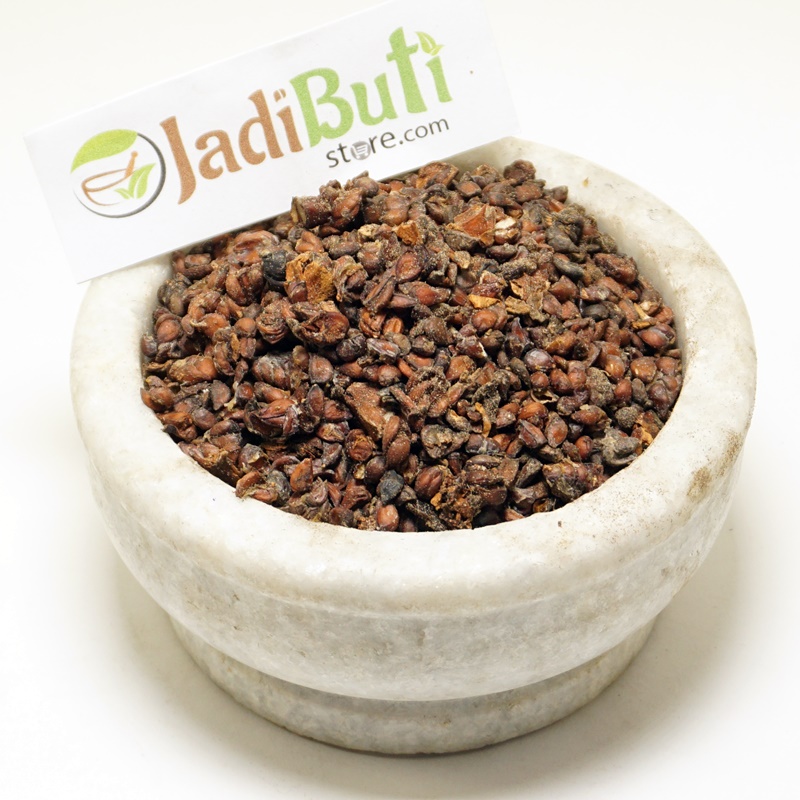
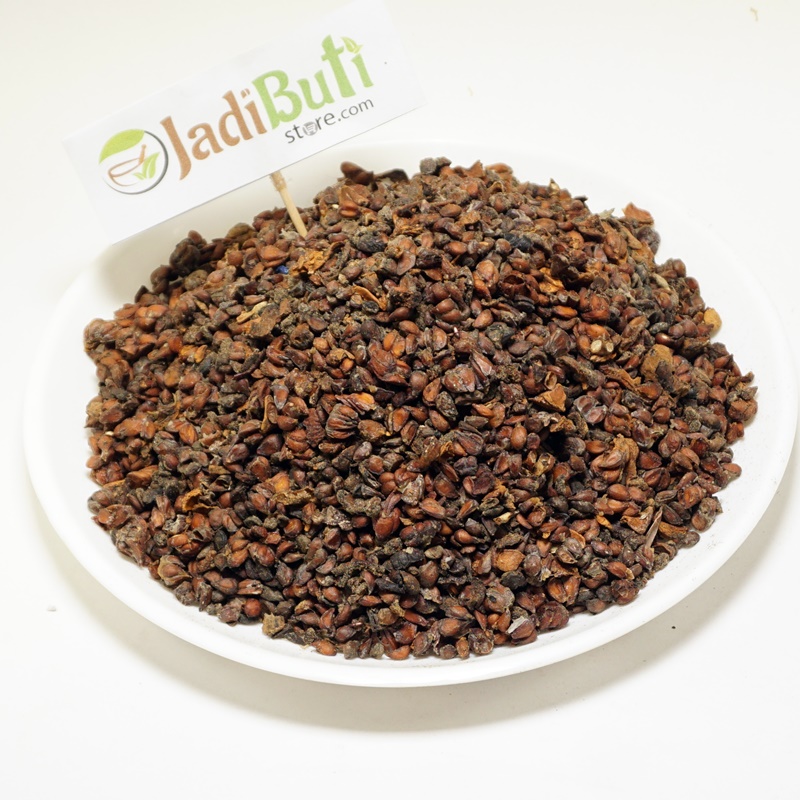




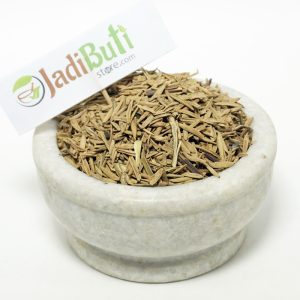
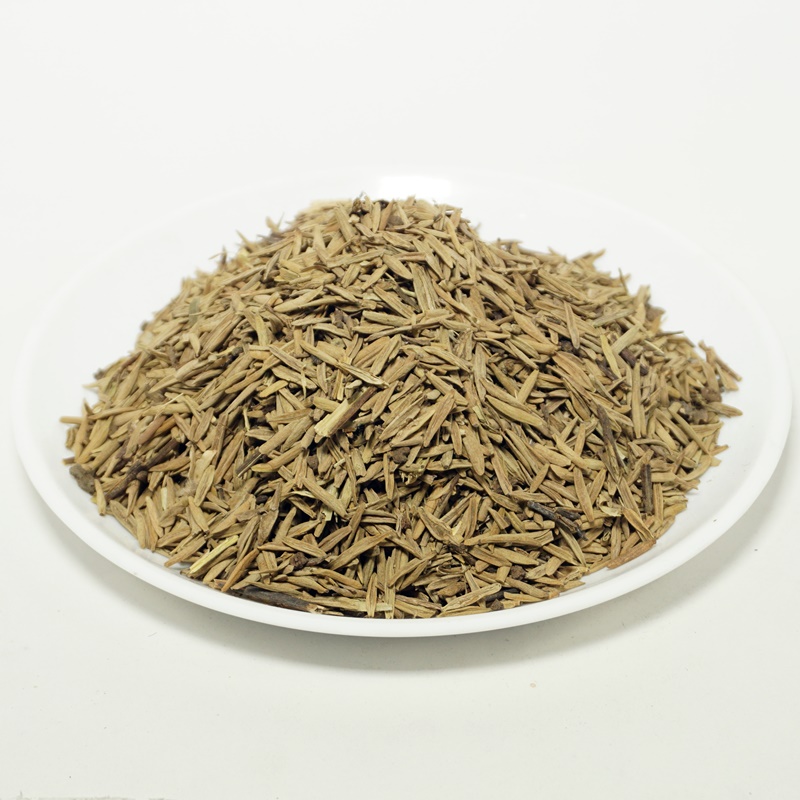
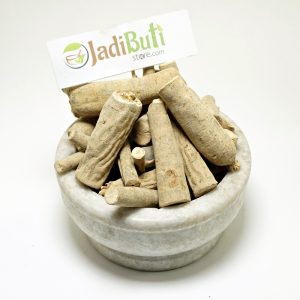
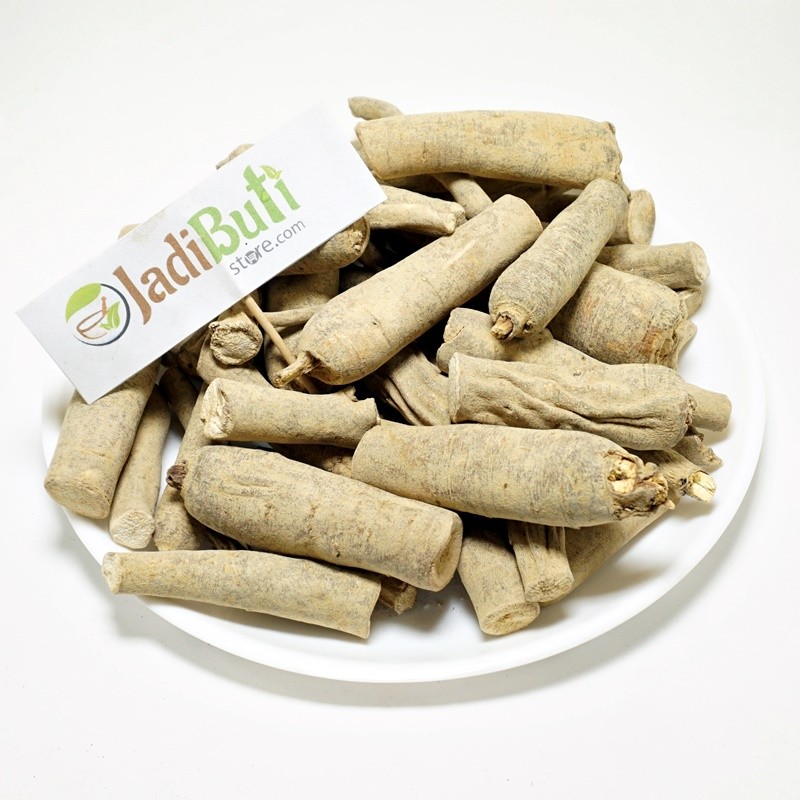
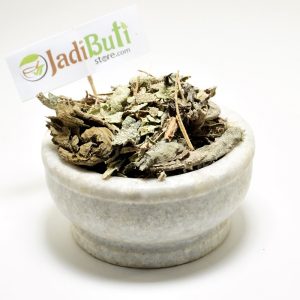
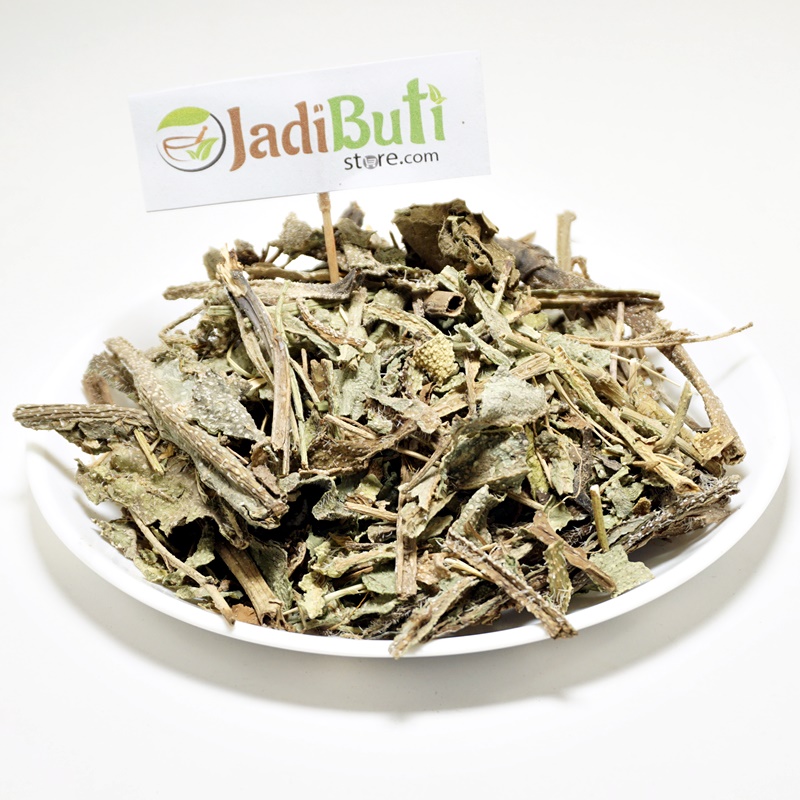
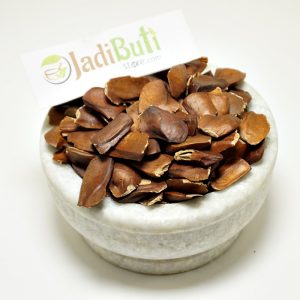
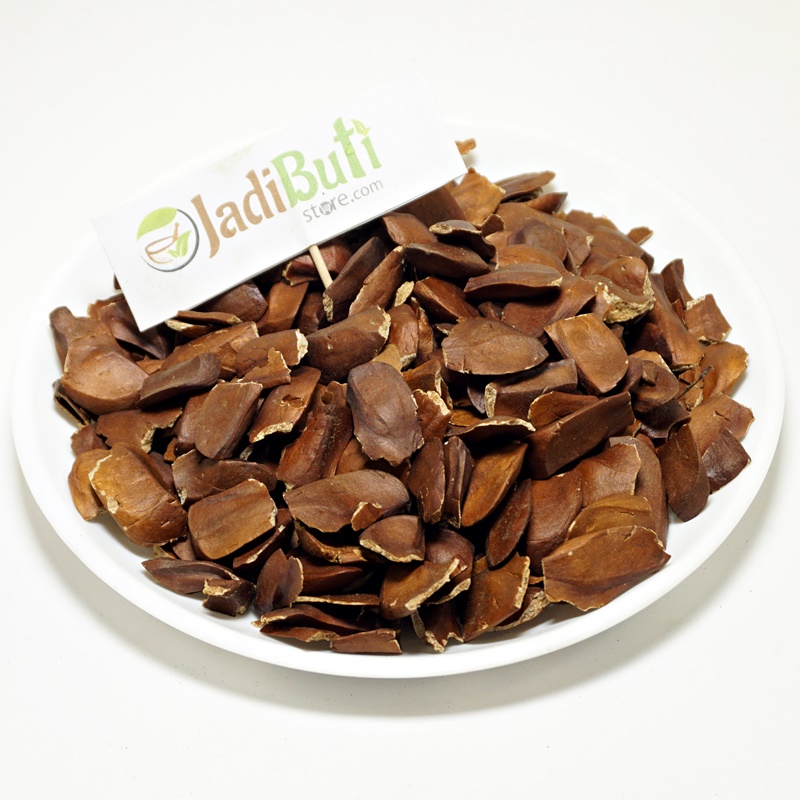
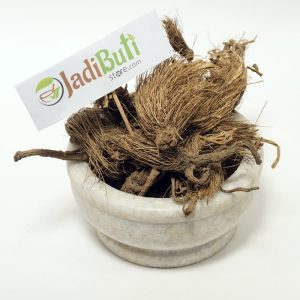
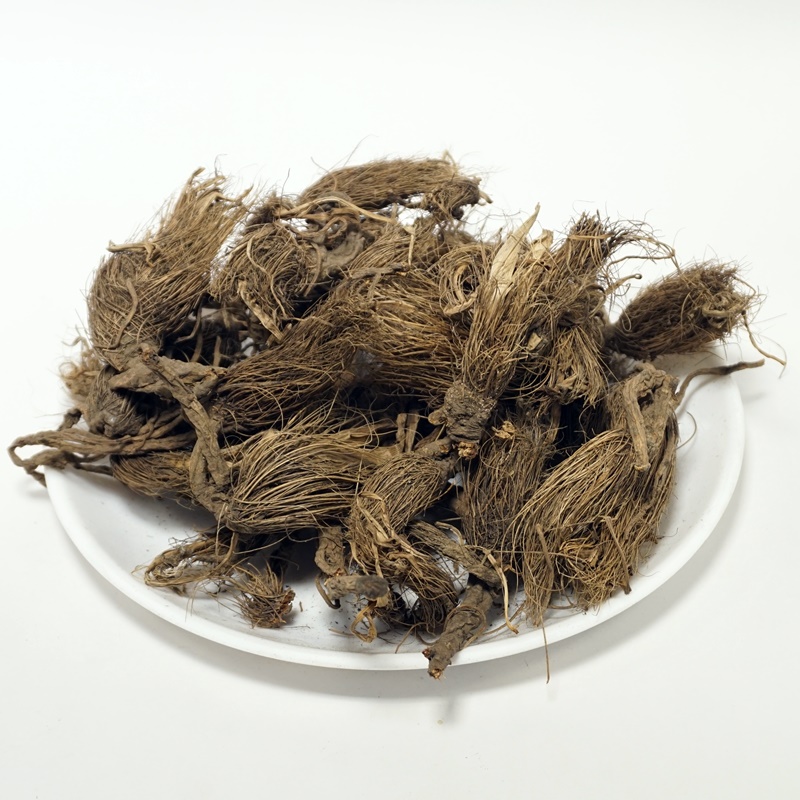
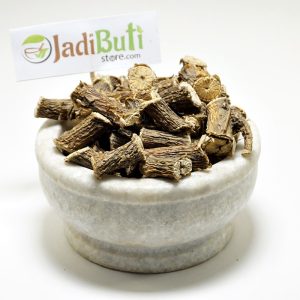

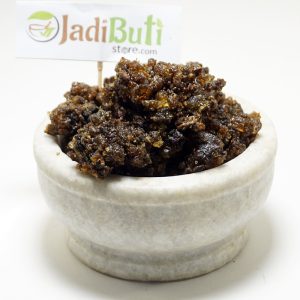
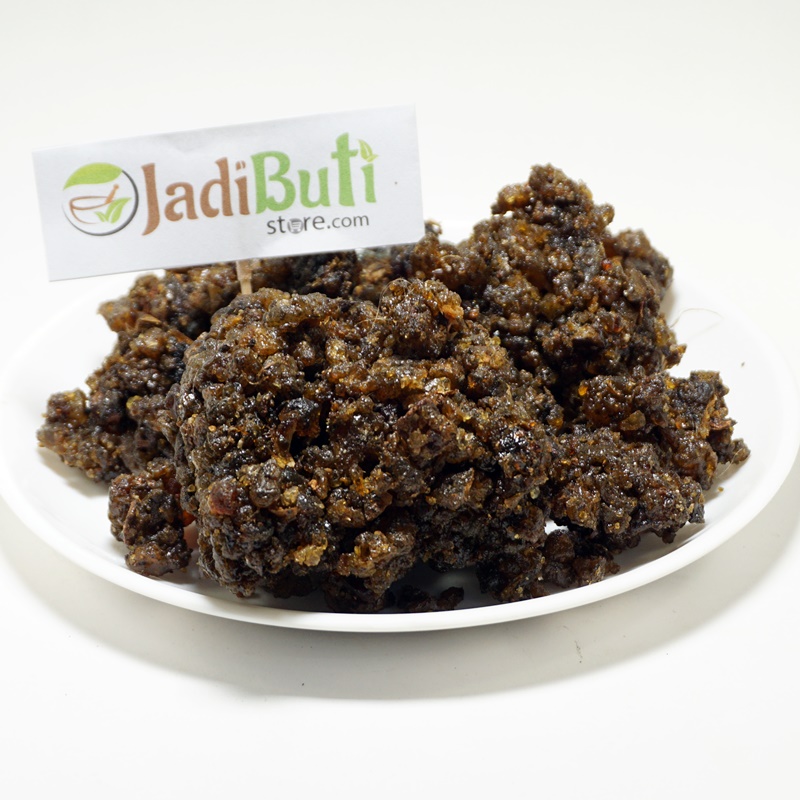
Reviews
There are no reviews yet.